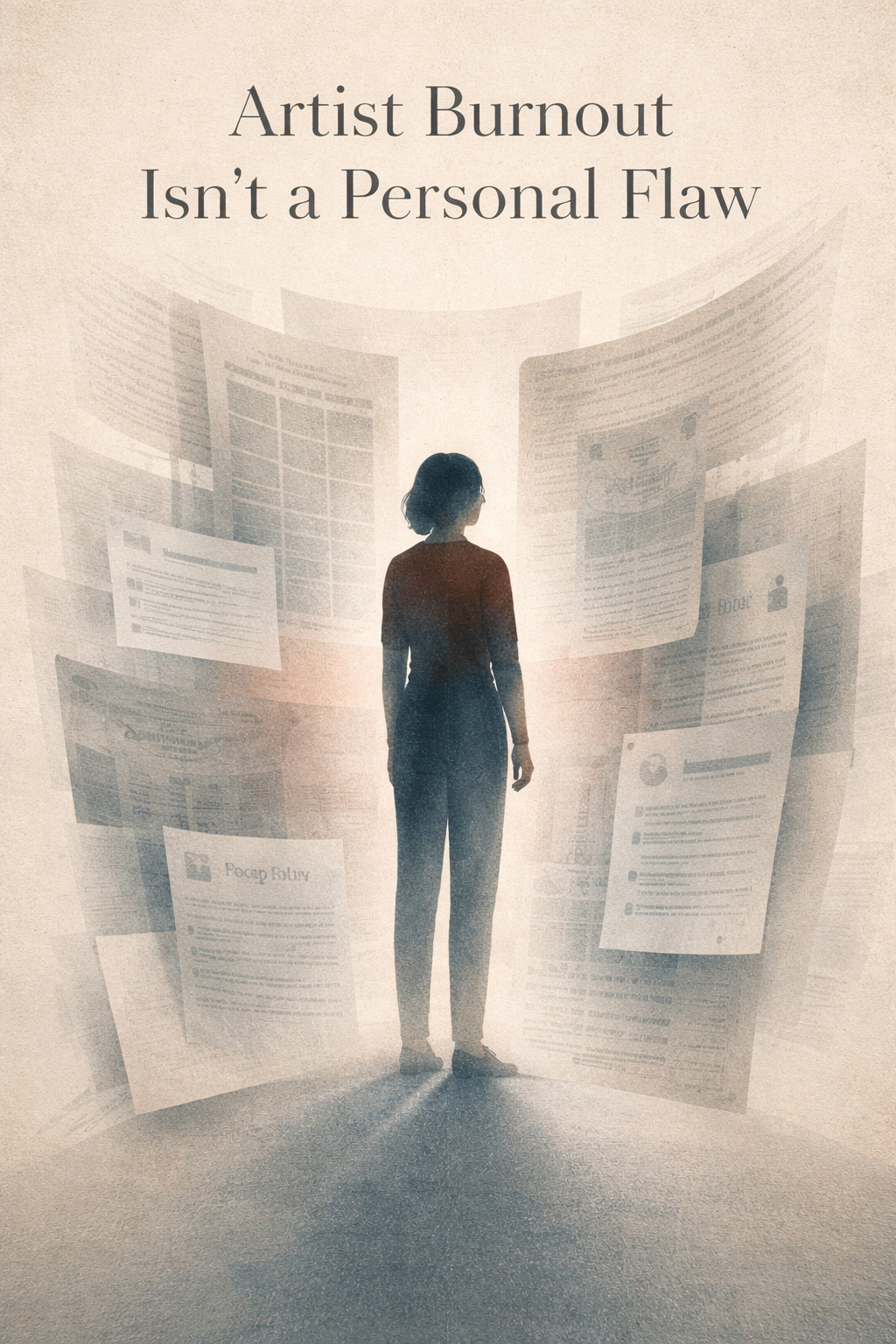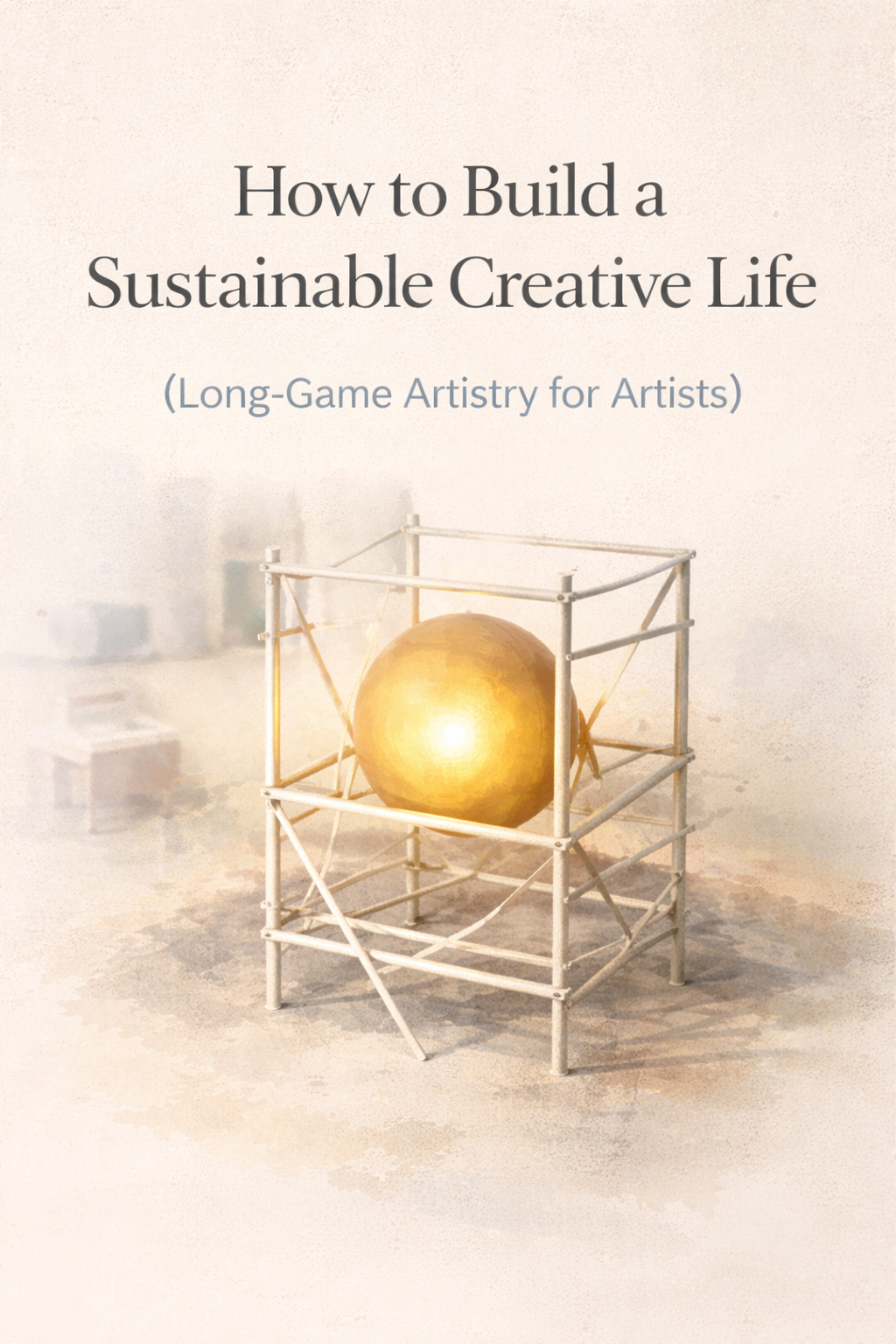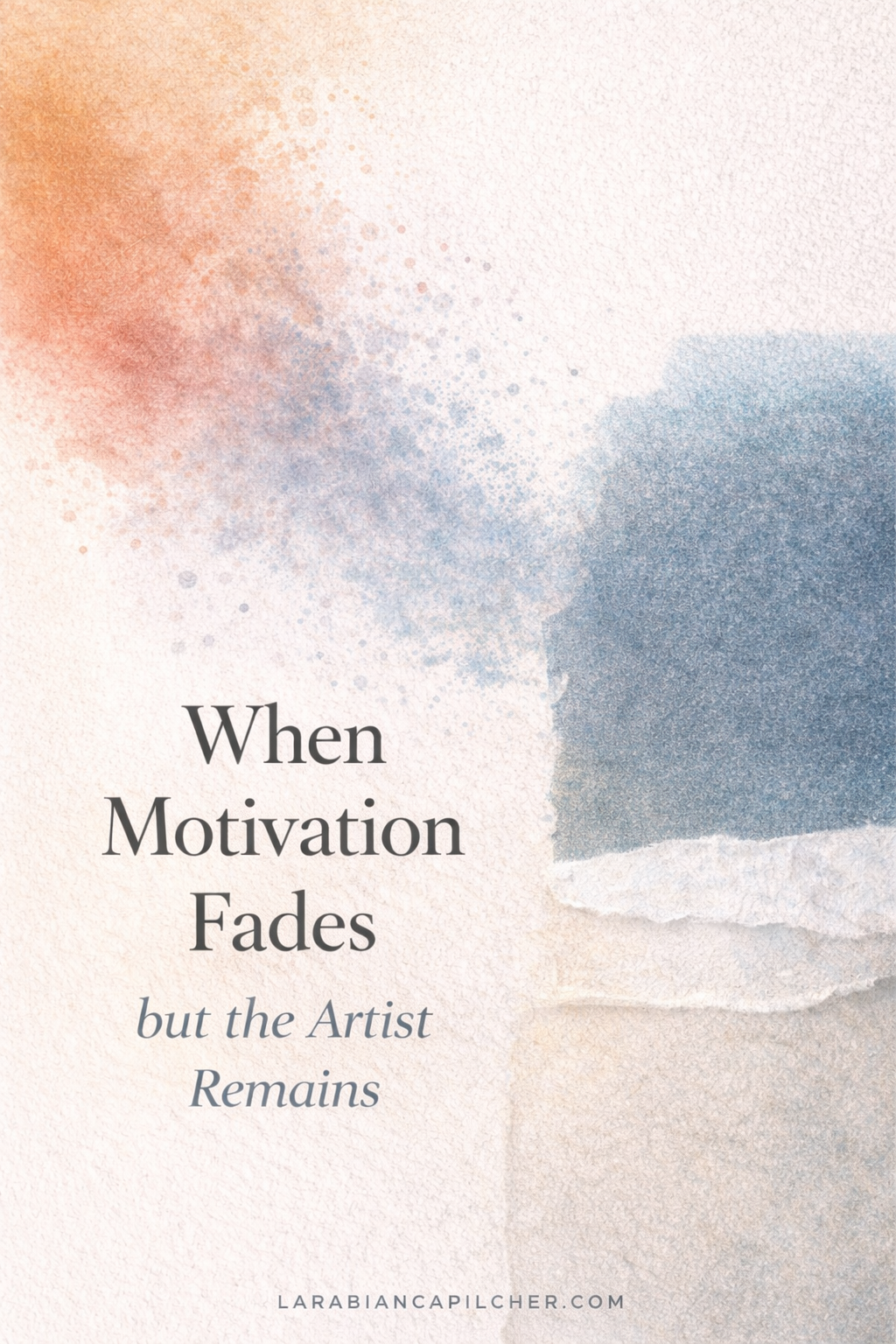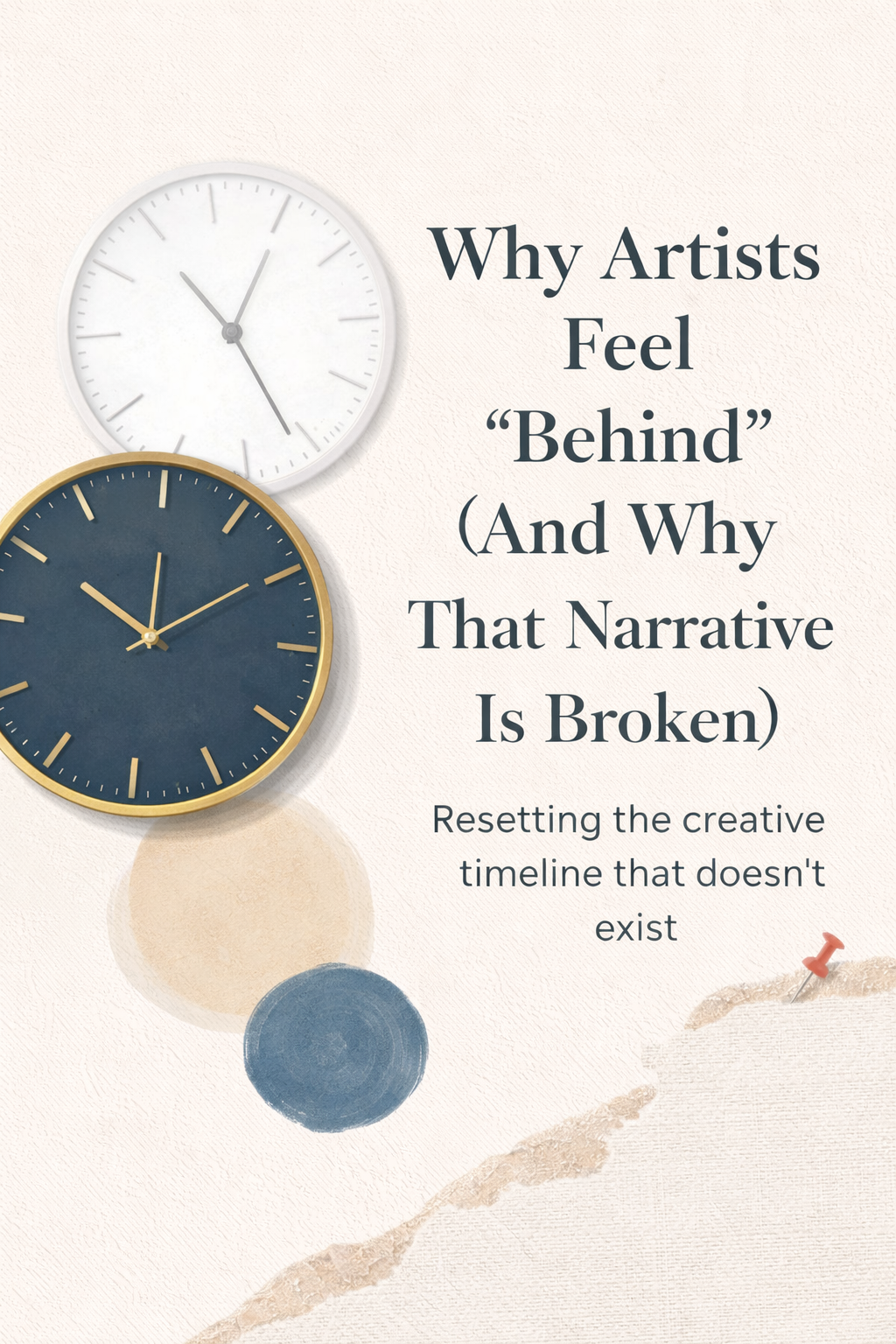Let’s talk about how to juggle a performing arts career! The performing arts industry requires flexibility. There’s a lack of consistency the majority of the time. Auditions and casting calls are unpredictable. Materials such as scripts, lyrics, and music to learn can arrive at the last minute. Performers must also maintain their technique, attend rehearsals, and more. It’s a juggle-the-performer life!
This blog post has two parts. Part A provides tips for all performers, and Part B provides recommendations for performers who are parents (or want to be)! That’s a next-level juggle and one I know well.
Part A

Some of the “balls” you may be juggling:
- Performance technique maintenance
- Employment and earning a living
- Performing
- Rehearsal
- Castings and auditions
- Faith
- Health
- Romantic Relationship or Marriage
- Relationship with Child/ren and their activities
- Relationship with your parents and family
- Friendships
- Volunteering
- Transport
- Time alone to recharge
- Employment responsibilities and relationships
- House bills and management
- Exercise
Life for an artist can be exhausting!
I have spent the majority of my career around working artists, and I’m one myself. I have witnessed the challenge of how to juggle a performing arts career for many artists.
It helps if you have a flexible job and lifestyle because performing comes first. Auditions become your priority for most performers and often push other plans aside, particularly for actors, triple threats, and dancers. Choosing a parallel career that enables focus on an artist’s showbiz world is vital. Here is a recent blog I wrote about side hustles.
The juggle is real for performers.
I was living in Melbourne but was in the USA for a wedding. The day before my flight back, an audition for a major musical in Australia came through. I rescheduled my flight and arrived in Melbourne the morning of my audition; the audition went well, considering the jet lag! Needless to say, that’s the life a freelance performer lives! It can be utterly crazy. The juggle is real for performers, and we need financial stability and the flexibility to drop what we are doing to get to that audition, meet the submission deadline, say yes to the gig, etc.
Some performers manage to have full-time support employment. It can be tough to handle at times, depending on the market you are living and working in.

Markets like Melbourne, Australia, may have five major auditions a year, but living in New York or London can mean five auditions a week! Think about where you live and what’s possible for you. I have lived in three different arts industry markets: London, Melbourne, and Atlanta. In Melbourne, I could work a regular support job; in London, I couldn’t.
Demands of a showbiz career
Performers need energy, mental clarity, and focus on remembering choreography, music, lyrics, or lines. The life juggle can be draining and steal that energy and focus away. The truth is that most performers only book performing work a small amount of their year unless it’s a 1-year contract or similar. If they are working, their contract will end at some point. That’s why performers usually drop everything else if a performance opportunity comes up and a chance to do what they do!
Owning your desire to perform is vital. I recommend not hiding it from your side hustle employers. It takes work to build a performing career and work to support yourself in another job in the process. Own your desire and let close friends and family know that life can sometimes be a little topsy-turvy. Their support will help you through tricky times,
My tips for how to juggle a performing arts career
How do I juggle my job, auditioning, parenting, friends, church, etc.? Here are my suggestions.
1. Get to know yourself better
Throw the balls you value most first! Use my free values workbook to determine what you value the most. Please find it here.
2. Self-care is vital to productivity.
You will have a greater capacity for juggling all that life brings when you have a self-care routine of healthy habits, and I don’t mean just a warm bath (but that is lovely also). Self-care includes discovering your boundaries, being aware of and addressing negative self-talk, protecting your time, and having difficult but needed conversations to help you better care for yourself. Here are some of the products I use to care for myself.
3. What you can and can’t control.
We can’t control everything in life; I try to focus on what I can control.
4. Recognize the season you are in
We all have desert seasons and seasons of abundance. Embrace the changes in seasons we go through in life and try to adapt.
5. Practice thankfulness
Gratitude helps eliminate worry. I journal what drains me weekly and what energizes me. I then adjust my activities accordingly.
6. Manage expectations with honesty.
We must manage expectations with integrity in our work, art, and all commitments. Performing is your priority. That’s just how it is, and if you signed up for a performing career, there must be acceptance of what it does to your life.
7. Systems
Systems are my way of achieving much. I believe they are the way to reach my goals.
You do not rise to the level of your goals. You fall to the level of your systems. Your goal is your desired outcome. Your system is the collection of daily habits that will get you there.
James Clear
8. Supportive community
I have moved a lot, and having a solid community around you is vital (not necessarily artists). Invest in finding and keeping friends you can talk to, laugh with, and support each other.
9. Identify your best time of day.
What is your most productive time? For me, it is in the morning after breakfast. Coffee first, please!
10. Morning routine or flexible reset
I have a morning routine that works for me. I journal my three priorities for that day.
11. Schedule movement
I have a non-negotiable amount of workouts in my diary. My mind does not get to entertain the thought of missing workouts based on my feelings anymore.
12. Big rocks first
You may have heard of this. When we tackle the most significant responsibilities first, the little ones often fall into place.
13. Appearance
A priority when it needs to be. As a performer, our appearance is part of our instrument. It’s not an area to be stingy in.
14. Healthy meal prep
I prepare most of my family’s menu plans on the weekend. I prep meals as much as possible. That way, the week flows manageably, and I get healthy meals into my body without the stress.
15. Performance prep time daily
If you are likely to have many requests daily for things like self-tapes and other performance prep, block time for this. This is affected by the market you live in.
16. Admin and social media time
What a waste of life to check our social media many times a day. Aim to teach yourself to be intentional with your time. I believe you can teach yourself to be more mindful of your time use. You can learn to focus without getting distracted, a skill we can develop.
17. Sleep and Screen-free evening
Many performers perform at night, so determine what works for you. If you work during the day, know your knock-off time. Stop screens after your knock-off time to avoid disturbing your sleep. You may like to journal before bed. Put down your priorities for the next day if needed. Sleep the right amount!
18. Schedule
Scheduled everything. Work into a planner with everything you need to fit in: classes, errands, groceries, and all other areas.
The performing arts industry as a whole requires flexibility.
The performing arts industry as a whole requires flexibility and needs more structure the majority of the time. Doing your best in this place is all you need to do. You will tilt in and out of balance in life. That’s not failure; that’s life. If you want tips on how to juggle a performing arts career and being a parent, read on!
Part B
Juggle tips for performers who are parents.
Or future parents!

Help! I’m a performer and a parent.
A performer friend and mother asked me how I make quality time for my kids. This is in the context of when I’m in a project or show. Here’s my response;
1. Intentional Quality Time
My schedule changes depending on the project or show I’m involved with. I have a little framework I use when I’m home. When my kids are home from school, I try to spend one hour of quality time with them. Then, I return to my performance preparation work or other responsibilities.
2. Get Help in any way You Can
I could not have a career, work on projects, and perform for a short season when my kids were infants. Taking the first six months off when a baby is born is difficult but often needed.
When I had two babies, 14 months apart, I organized a live-in Au Pair in London to assist me in juggling my children’s early years (3 months to age 5). Au pairs are far more affordable than a nanny who comes and goes. An Au Pair lives with you and gets accommodation, meals, and an allowance. This offsets the weekly work payment. I had no family in London, and this was my only source of childcare. It helped me so much, and I got to go to training and auditions and continued feeling a sense of balance.
3. Plan Meals
Another thing I do to assist with juggling is planning meals on weekends when my husband is home. I cook in advance to avoid busying up my weekday time with my kids. I am big on systems.
4. Celebrate You!
I don’t carry shame in doing what I love as a performing artist. A psychologist once told me that following your dreams shows your children how to follow theirs. A sad and depressed mother is more damaging. Bring your kids along whenever you can, even if for 10 minutes. I also like to show them videos of what I’m up to and tell them it won’t be this busy after the show run.
5. Focus on Connection
My top go-to resource books are listed here. These resources have made our family feel very connected and there for each other no matter how busy we get. Last year, I missed so much time with my children due to working full-time as an Associate Professor of Acting in a California conservatory. Still, these books helped my husband and me have a more calm, connected and peaceful home.
Making my kids feel seen when my commitments contradict.
1. Special time saves time.
We do a cute little thing called SPECIAL TIME from the book Peaceful Parents, Happy Kids by Laura Markham, Ph.D. Special time is when your kids choose a 15-minute quality activity to do with you one day, and the parents choose the activity to do together the next day. My husband and I also use this 15-minute special connection time if our kids’ behavior is slightly off due to too much time apart. You can find this resource book on my Amazon store here.
2. Do it together
Kids in some communities do life a much easier way! The Hunt Gather Parent book teaches parents how to bring kids into everything they do. It’s completely different from Western parenting but a good read. The approach is that when we do things together, it is faster!

I have taken my kids to wash the car with me and played a 30-minute fun playlist while the whole family cleans the house together. This is when everyday life becomes a connection time, rather than sending kids to do it alone. Find the book Hunt, Gather, Parent here in my Amazon store.
Does doing what I love bless my kids?
I have done many shows and come alive when I’m performing! I have more energy, and my kids feel joy when I’m with them. When I have performed in kids’ shows, my kids have come along and enjoyed seeing me on stage and on screen! I also showed them Mamma on TV and explained that Mama is a performer. They have enjoyed making acting videos with me using their stories so they can enjoy creative expression.
When Being a performer means very little family time.
A very successful West End leading lady in London shared with me that after a decade of shows, she never saw her kids in the afternoons after school. This was a sadness and regret for her; she wished she had just missed a few shows to spend more time with them. The reality is that Theater life has working hours that are not well suited to parent life once our children reach school age. Contracts for many shows at the Broadway, West End, and the tours thereof are often one year long. Shorter show runs are easier on family life. This is where the challenge of juggling a performing arts career is very real.
While there are no easy answers here, the choice for how you live life and spend your time rests with you and your family. However, if quantity time is unavailable, scheduling a quality time when we are not performing is possible, even if it’s on Facetime for a season. Removing all unnecessary activities from family life to focus on together time is also possible. The book Hunt, Gather, Parent has a lot of information and ideas for living this way. Find it here on my Amazon store.
I have another friend who performed in Cirque Du Soliel for a year in Europe. He had a wife and a very young child. His wife and child toured with him to make his dream of working at this level a reality. They were not the only family on tour. This, of course, was hard on the family, but it shows that it is possible sometimes to do this for a season. I also know Broadway performers on tours and series regulars filming away from home doing the same thing. If the budget allows for a nanny with tutoring skills if needed, it’s a great way to make it work. It is only for a season, after all.
Parents, I’m with you.
Parents, it’s a juggle, and there are no rules for how our lives should look as parents and performers. However, if our children see us follow our dreams rather than carry sadness because we gave it all up for ‘them,’ it’s a beautiful experience for them to witness. I wish you all the best as you juggle a performing arts career.
Build a life of love, purpose, adventure, and boundless creativity.
Take the first steps toward this inspiring journey now.
Book personalized Life Coaching with Lara here.
Purchase The Creative Purpose Journal here.
With you on the journey, friend.
LBP X
Learn more about Lara here
Find me on Instagram here






Build a life of love, purpose, adventure & boundless creativity!